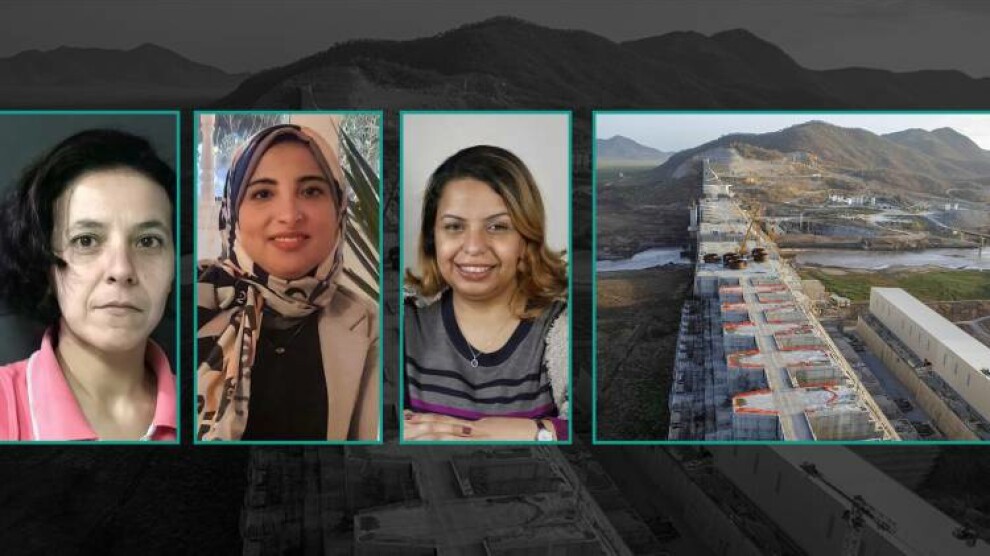Water crisis in Egypt to affect mostly women
The water crisis in Egypt is getting worse. Researchers warn that the crisis will affect mostly women of Egypt, where the majority of the population consists of villagers who make their living from agriculture.

The water crisis in Egypt is getting worse. Researchers warn that the crisis will affect mostly women of Egypt, where the majority of the population consists of villagers who make their living from agriculture.
ÎNAS KEMAL
Cairo – The water crisis in Egypt, Sudan, and Ethiopia continues. Agriculture and industry sectors will be adversely affected by the shortage of water flowing from the Nile River in Egypt. Researchers warn of the impact of the Al-Nahda dam on agricultural life in Egypt. According to research published by the Environmental Research Letters in 2021, the median total annual water budget deficit for Egypt during the filling period will be 31-billion cubic meters per year which would surpass one-third of Egypt's current total water budget. If no prompt mitigation is performed, the short-term three-year filling scenario would generate a deficit that is equivalent to losses to the current cultivated area by up to 72% resulting in a total loss of the agricultural GDP by $51 billion, and the total unemployment rate in Egypt would rise from the current 11% to a future 25%, says the research. We spoke to female researchers about the effects of the Grand Ethiopian Renaissance Dam on Egyptian women.
“Women will be negatively affected by the situation”
Entisar Elsaeed, director of the Cairo Foundation for Development and Law, stated that the majority of the population in Egypt consists of villagers and that women living in the areas will be negatively affected by the water scarcity problem. “As a result, 40 percent of people working in the agriculture sector will lose their vital resources,” Entisar Elsaeed highlighted that most agricultural laborers are women in the country. Entisar Elsaeed thinks the unemployment rate in Egypt will be more than 35 percent and this situation will affect women’s participation in the workforce. She also thinks that the poverty rate will be more than 25 percent.
“It will affect agricultural products”
Economics commentator and researcher Reem Selim stated that the effects of the Grand Ethiopian Renaissance Dam on Egyptian women will be seen in five or 10 years. “The dam will affect agricultural products,” Reem Selim said, “The dam will cause the desertification of agricultural land in Egypt. Female villagers will be affected by the desertification.” Pointing out that the state should provide technical and financial support for the unregistered employment of women in the family system with new projects, Reem Selim said, “because the current social safety net is not inconsistent with the negative effects of the dam.”
“Divorce rates will increase”
“There are various alternatives in Egypt to guarantee water for the Egyptians,” said Dalia Wasfi, a feminist activist and researcher, adding, “Women working in the agriculture sector will be the first to be affected by the water shortage. If this situation affects female villagers, it will also affect their social lives. Divorce rates will increase as the poverty rates increase.”
